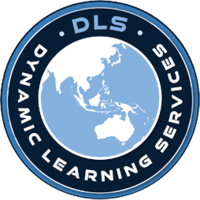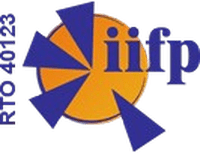
Popular courses in Melbourne
Certificate IV in Food Science and Technology
- There are no mandated entry requirements.


Certificate IV in Food Processing
- There are no mandated entry requirements.
 Dynamic Learning Services
Dynamic Learning Services
Infection control Skill Set (Food Handling)
- There are no mandated entry requirements.





Certificate II in Food Processing
- There are no mandated entry requirements.


Certificate I in Food Processing
- There are no mandated entry requirements.
 Australian Food Training Centre
Australian Food Training Centre
Diploma of Food Science and Technology
- There are no mandated entry requirements.
 GOTAFE
GOTAFE
Bachelor of Science (Food Science)
- There are no mandated entry requirements.


Bachelor of Science (Honours) (Food Science)
- There are no mandated entry requirements.
 The University of Melbourne
The University of Melbourne
Bachelor of Science (Honours) (Food Technology)
- There are no mandated entry requirements.
 RMIT University
RMIT University
Graduate Diploma in Food Science
- There are no mandated entry requirements.
 The University of Melbourne
The University of Melbourne
Graduate Certificate in Food Science
- There are no mandated entry requirements.
 The University of Melbourne
The University of Melbourne
Graduate Certificate in Food Science and Technology
- There are no mandated entry requirements.
 RMIT University
RMIT University
Bachelor of Food Science and Nutrition
- There are no mandated entry requirements.
 Charles Sturt University
Charles Sturt University
Follow Work Procedures to Maintain Food Safety
- There are no mandated entry requirements.
 CTA Training Specialists
CTA Training Specialists
Apply Food Safety Procedures
- There are no mandated entry requirements.
 CTA Training Specialists
CTA Training Specialists
Bachelor of Tourism and Hospitality Management
- There are no mandated entry requirements.
 Academies Australasia Polytechnic
Academies Australasia Polytechnic
Frequently Asked Questions
Yes, there are course providers who offer 19 qualification(s) in Melbourne. Find a course provider near you. Once you make an enquiry, a course advisor will get in touch to discuss your study options and course fees.
Written by Courses.com.au Team
There are several campuses within the Melbourne area that provide food processing training. The nearest campus is located right in the center of Melbourne. You can also study a food processing course through online, distance or traineeship learning. Find a course provider that best suits your needs.
Written by Courses.com.au Team
Potential job roles within food processing includes food production worker, food process worker or food production manager (to name a few). Browse related occupations to find a career that suits your needs.
Written by Courses.com.au Team
Further reading


A Complete Guide to Certificates II & III in Security Operations
24th February 2025)
